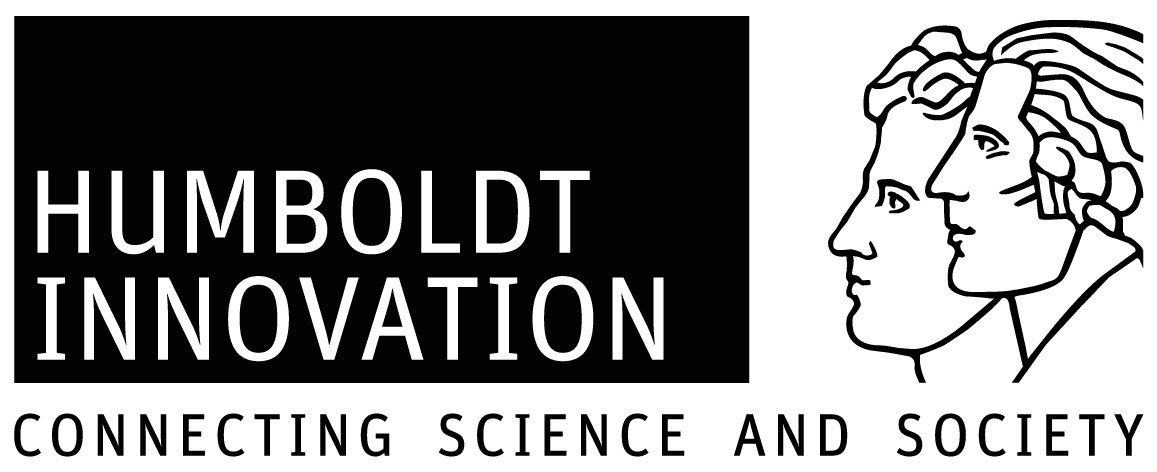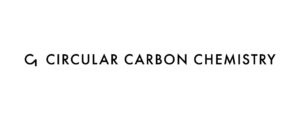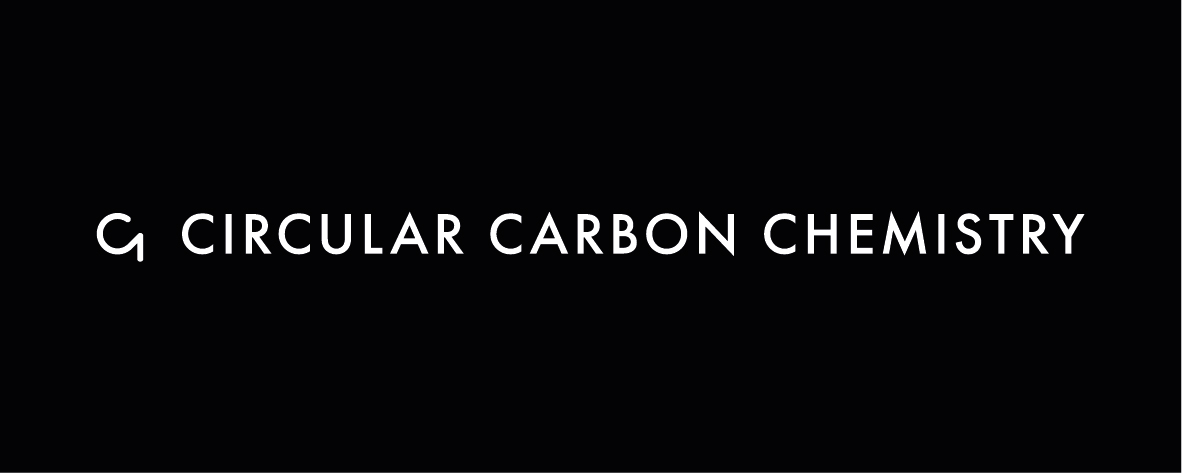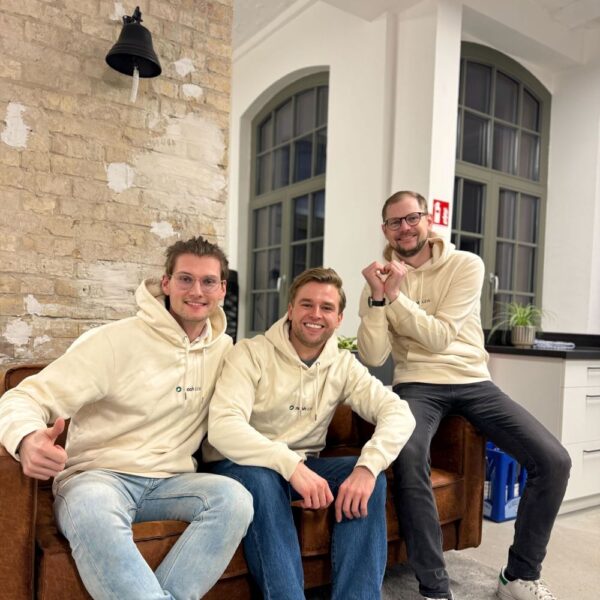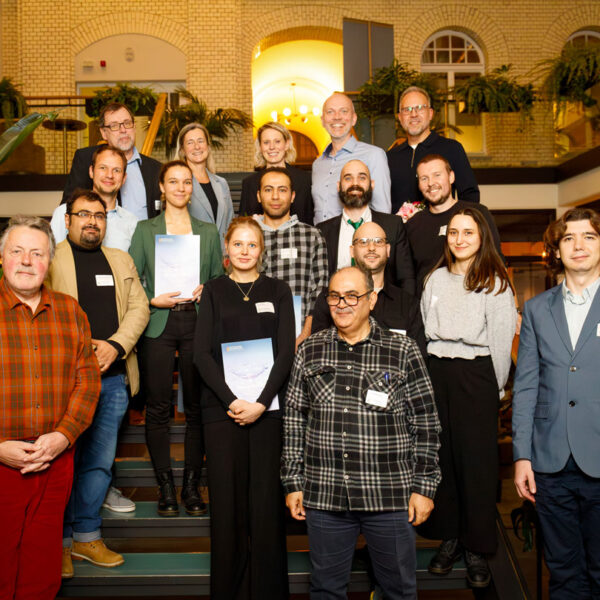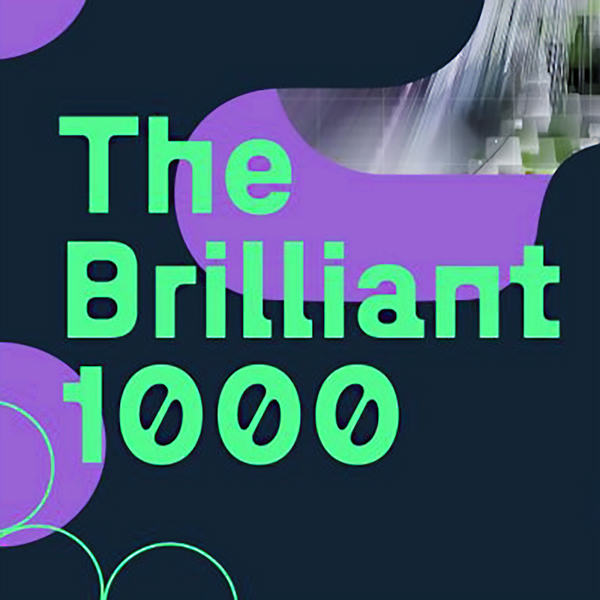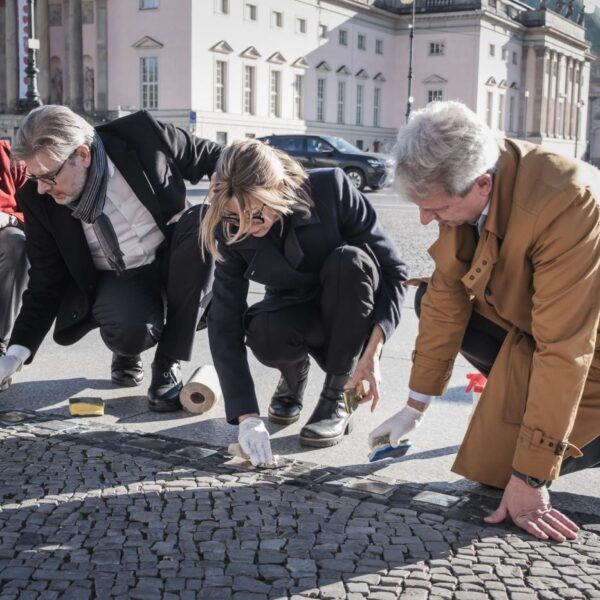Both the chemical and logistics industries are feeling the pressure of climate change. Conventional fossil fuels, with their high CO₂ emissions, are taking a toll on the planet and the need for change has never been more urgent. In Berlin’s Adlershof science hub and at Humboldt University, chemist and entrepreneur Dr. Marek Checinski is leading a team on a mission: to spark a technological breakthrough in sustainable chemicals and fuels.
Dr. Marek Checinski shares his thoughts on the collaboration:
“The simple problems have largely been solved. The major challenges of our time require interdisciplinary teams with diverse perspectives and experiences. It’s not enough to simply invent new technologies. You also need an entire team to enable rapid scaling. For such exchange to be effective, it’s important to build cluster structures where different stakeholders can test ideas or simply meet and exchange thoughts without barriers. These structures exist at Humboldt University in Berlin and at the Adlershof science campus, which is why the path from studying, earning a doctorate, founding a company, inventing, collaborating, spinning off, using infrastructure, further developing, and scaling up in the deep-tech sector has been possible.”
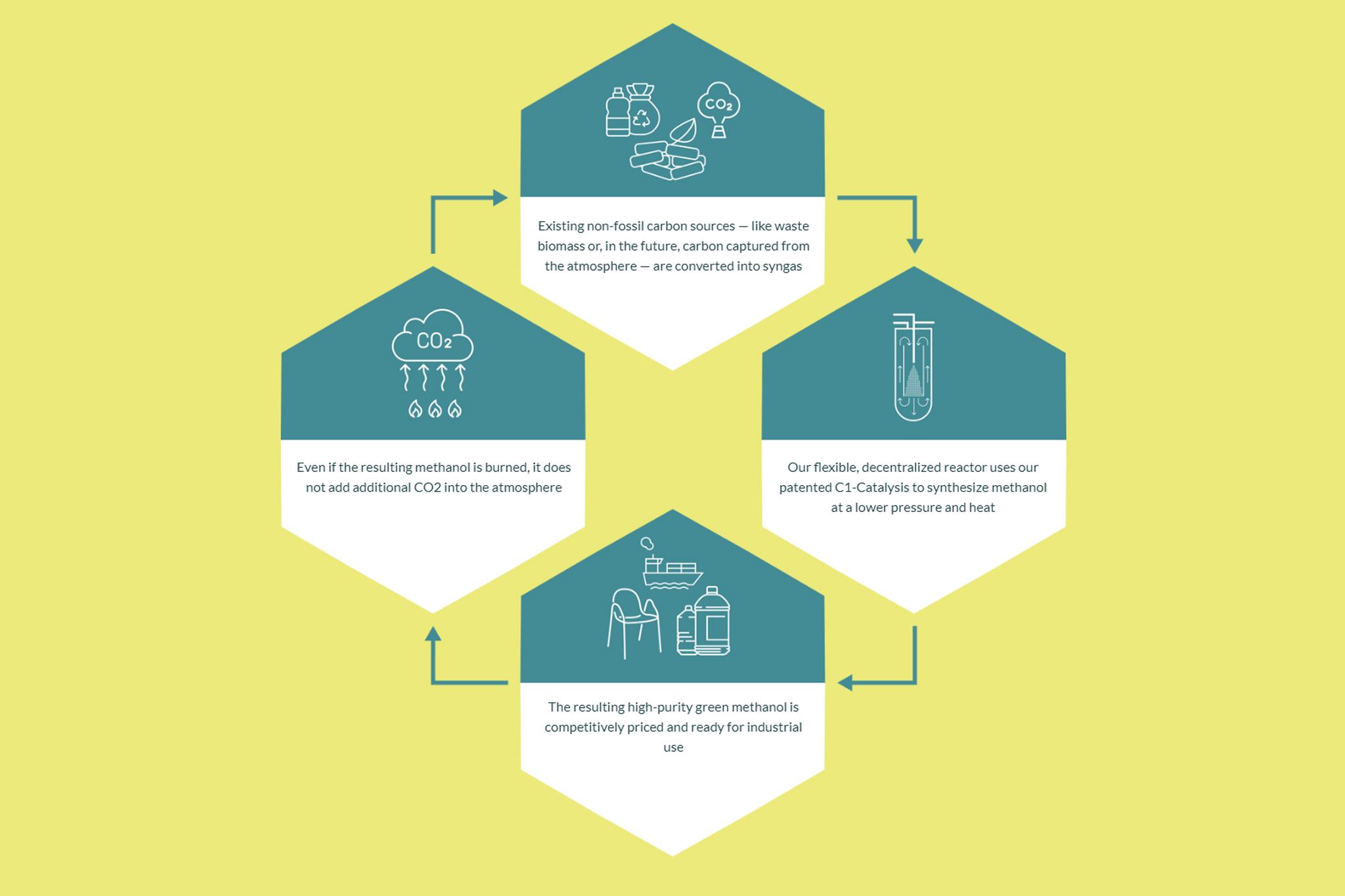
Breakthrough in 2018: New production of methanol becomes possible
In 2018, catalytic chemist Dr. Marek Checinski achieved a breakthrough in methanol synthesis. Using quantum mechanical simulations at his company CreativeQuantum GmbH, which he founded in Adlershof in 2008, he developed a new homogeneous catalysis method for producing this chemical, which is manufactured annually on a 100-million-ton scale. This new process is more selective, productive, scalable, flexible, and less sensitive to impurities in the feedstock synthesis gas than the traditional method, which is based on a 100-year-old invention. As a result, it is much better suited for producing green methanol from non-fossil feedstocks. Green methanol can decarbonize not just one, but two major industries: the carbon-based chemical sector and shipping, which together account for more than 5% of global CO₂ emissions.
Methanol as an eco-Friendly alternative
Produced from surplus biomass or from carbon dioxide and green hydrogen, green methanol could replace climate-damaging fuels with a much more environmentally friendly alternative. On board the company C1 Green Chemicals AG, founded in 2022, is the well-known serial entrepreneur Christian Vollmann, who previously founded successful companies such as eDarling, MyVideo, and Nebenan.de. The founding team is further strengthened by chemical engineer Dr.-Ing. Ralph Krähnert and chemist/techno-economist Dr. Christoph Zehe, creating a perfect blend of expertise to drive the venture forward.
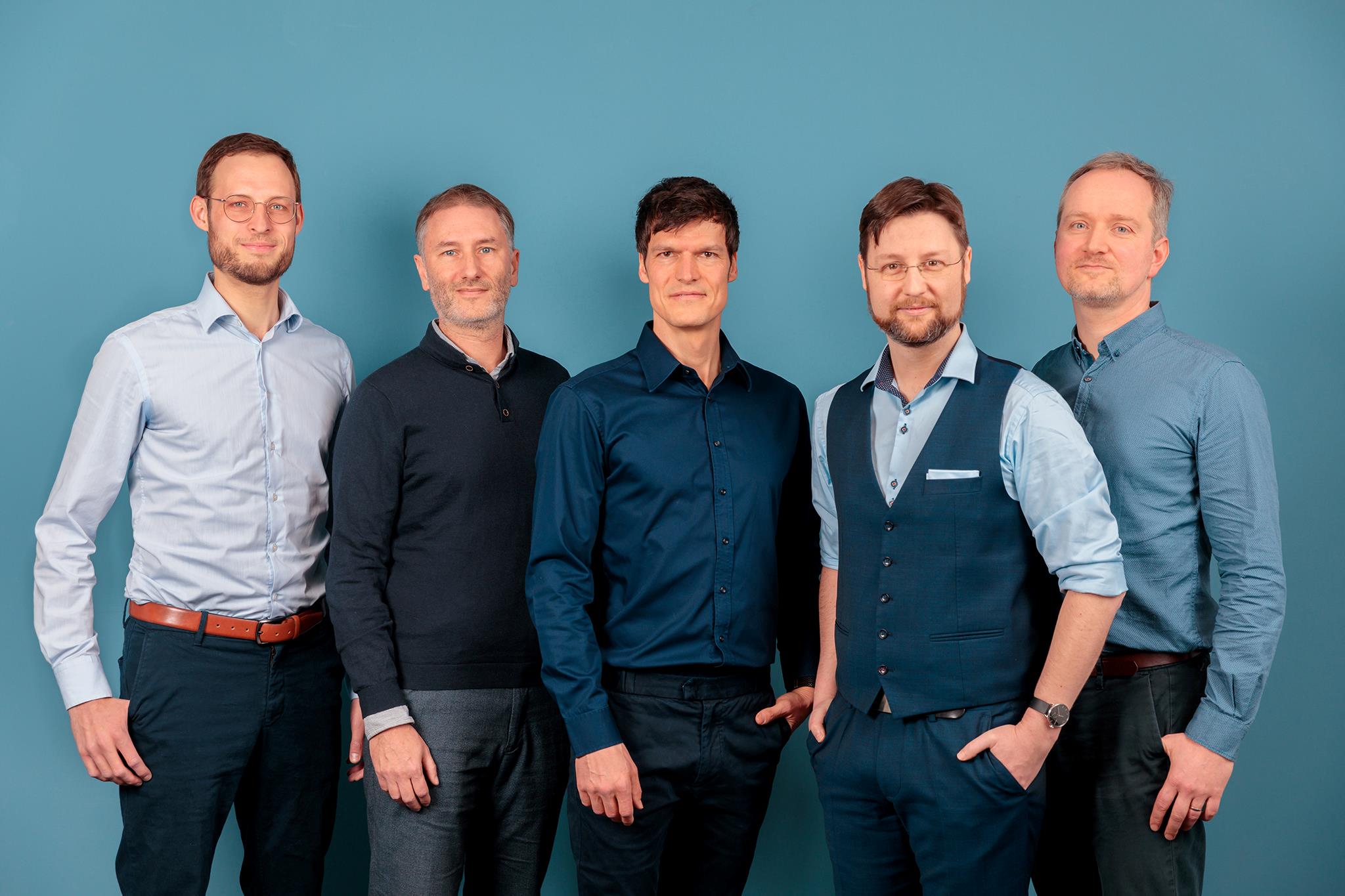
Renowned investors and supporters back the project
The innovative approach has already convinced renowned investors and supporters such as Dr. Jürgen Hambrecht, former CEO of BASF, Dr. Udo Jung of BCG, Prof. Wolfgang Reitzle, former CEO of Linde, Jim Hagemann Snabe, Chairman of Siemens, the climate fund Planet A Ventures, and recently the world’s largest container shipping company, Danish Maersk. To scale the process, not only larger reactors are needed, but also large quantities of metal-organic materials to be synthesized.
Further research at the institute of chemistry at HU
Optimizing the synthesis pathways requires in-depth research work. Together with the “Organic Chemistry and Functional Materials” research group led by Prof. Stefan Hecht, the C1 team is conducting research at the Institute of Chemistry at Humboldt University of Berlin in Adlershof. The first reactor for the production of green methanol is already in operation, and another continuous plant will be delivered soon.
